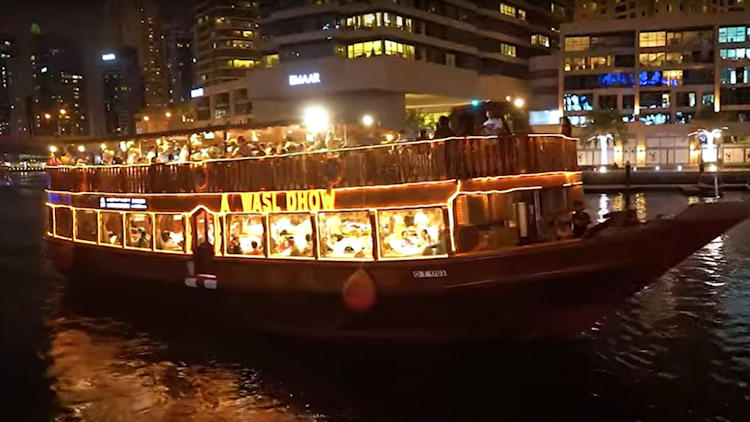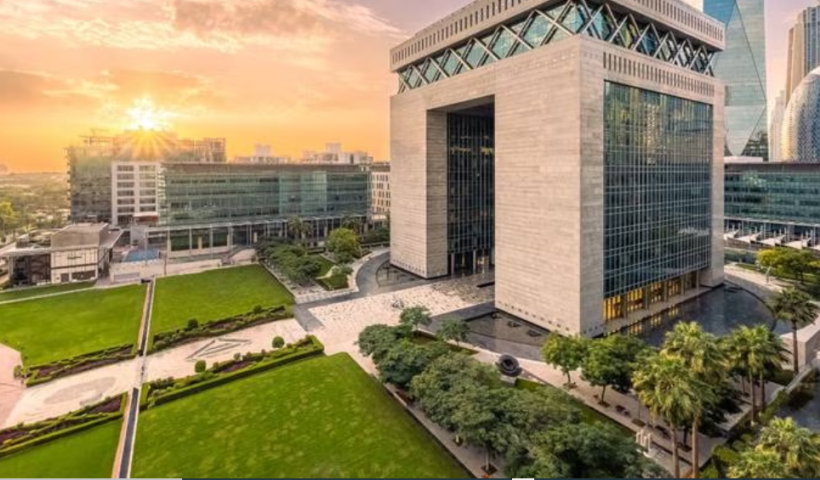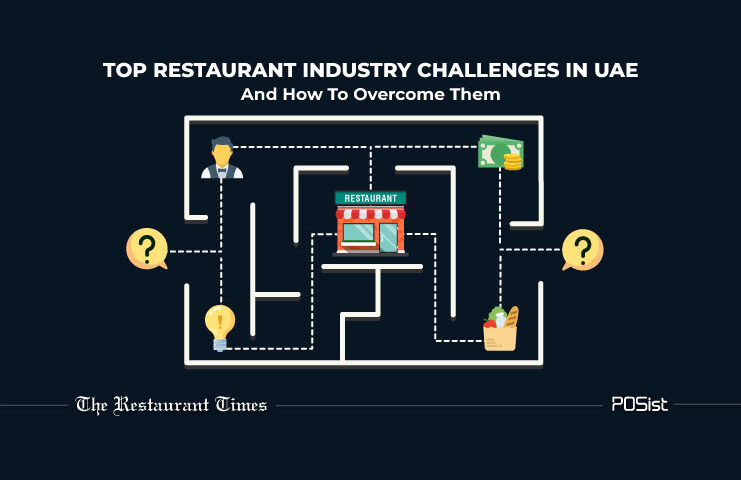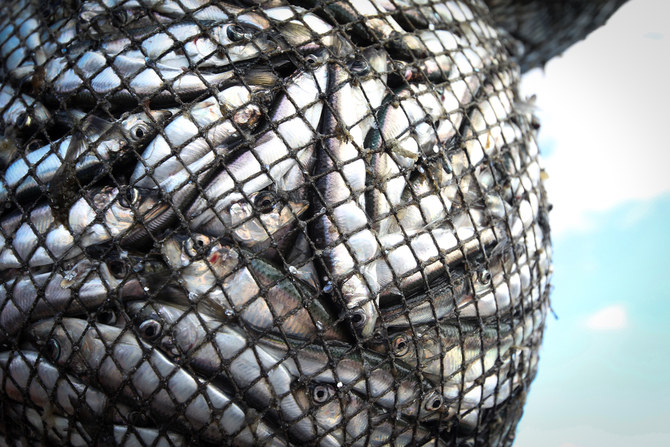The sparkling skyline, several ultra-luxurious hotels, twisting souks, man-made islands, renowned retail malls, and the vast, empty desert that surrounds Dubai make it one of the most sought-after holiday destinations in the world. All types of travelers will find it to be a wonderland.
If you’ve never had a trip there, you might want to put it on your bucket list. Dhow cruises and desert safaris are two activities you shouldn’t miss when in Dubai. Both will be briefly discussed in this article, so you’ll understand why you shouldn’t miss them.
Saharan Safari
The desert must be Dubai’s most significant and distinctive travel attraction. You haven’t been to Dubai if you haven’t gone on desert adventures there.
You may ride in a massive land cruiser on a desert safari in Dubai to take in the desert’s undulating crimson dunes. Anyone will enjoy participating in this ideal activity with their friends, family, and coworkers. There are many different types of desert safaris, including early-morning, late-night, and overnight excursions. An Oasis Palm Tourism Desert Safari typically consists of welcoming beverages, about 30 minutes of dune bashing, free camel riding, sand boarding, Arabic dress-up, and more.
Quad riding is a very well-liked desert activity that can be included in your desert safari experience, but if you have reserved a conventional safari package, you could have to pay additional costs. There are VIP desert safari packages that include quad biking at no additional cost. You can enjoy driving in the difficult desert terrain while quad biking in Dubai and go around however you choose. With the thrill and adventure of desert driving, you may still enjoy a comfortable driving experience with the help of strong mini ATVs called quad bikes.

Boat Cruise
For any traveler, Dubai’s skyline must be the most horrifying feature. And floating in the Dubai Marina is the ideal way to view the skyline of Dubai. Due to its lofty structures and lively atmosphere, Dubai Marina is regarded as the most talked-about waterfront in the entire globe. You may eat some wonderful food while taking in Dubai’s sparklingly decked skyline on a dhow cruise from Dubai Marina.
A typical 2-hour dhow cruise includes welcome drinks, unlimited water and soft drinks, open-air seats on the upper deck for the greatest views of the Dubai cityscape, air conditioning on the lower deck, soothing music, and, most importantly, a continental and Arabic buffet meal. In actuality, it is a floating restaurant that provides visitors with a chance to enjoy food in amazing ambiance.
For all of these reasons, going on a dhow boat supper in the Dubai Marina should be a must-do event for everyone who hasn’t had the chance. If you have ever participated in these two well-liked pastimes in Dubai, you are aware of their importance. Be careful to complete them if you haven’t already.




:quality(70)/cloudfront-eu-central-1.images.arcpublishing.com/thenational/S2P3KJG7LVEKXAHAPNGYH2IKJM.png)



:quality(70)/cloudfront-eu-central-1.images.arcpublishing.com/thenational/765Z6FJTDJDXBBFFUOPDRT64X4.png)
:quality(70)/cloudfront-eu-central-1.images.arcpublishing.com/thenational/ZMZABJ3BZBAVLKPDTNPI75J4FQ.png)





